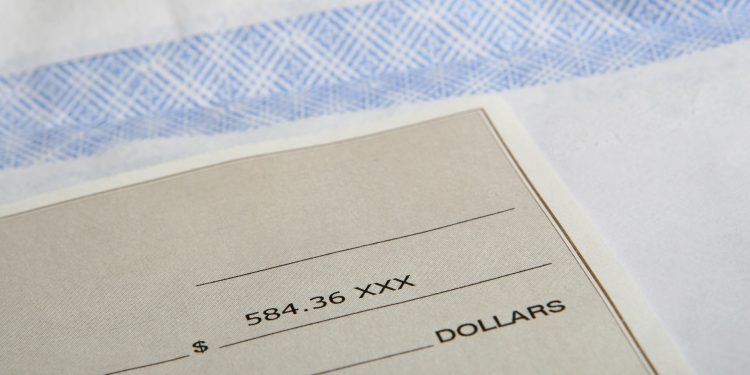Artificial intelligence is having a huge impact on the U.S. federal government’s fraud detection efforts. The Treasury Department credited AI with helping officials prevent and recover more than $4 billion in fraud during fiscal 2024 alone—six times the amount recovered in the previous year.
And it’s not just digital payments that are subject to AI’s scrutiny. According to CNN, machine learning technology helped the Treasury recover $1 billion in check fraud in fiscal 2024, nearly tripling the amount recovered the year prior.
The U.S. federal government is one of the largest issuers of checks in the world, making fraud detection a particularly acute issue. Last year, the Treasury disbursed 1.4 billion payments totaling $6.9 trillion, covering everything from Social Security payments to tax refunds.
Along with the sheer volume of checks issued, the government also maintains a tremendous amount of data related to these programs, which fuels its AI fraud detection efforts.
“Machine learning AI technologies are proving to be effective fraud detection and mitigation tools due to their ability to efficiently consume and derive insights from large, complex, data sets absent a great deal of human involvement,” said Kevin Libby, Analyst of Fraud and Security at Javelin Strategy & Research.
A Pandemic Problem
When the government launched relief programs in the wake of the pandemic, fraud of all kinds surged. The U.S. Department of Labor’s Office of the Inspector General estimated that there was $45.6 billion worth of fraud resulting from unemployment checks. The Treasury Department reported that check fraud has increased by 385% since the pandemic.
As a result, U.S. officials quietly started using AI to detect financial crime in late 2022. The use of machine learning to detect check fraud was a focal point, and in the end, was highly successful. The government now reports that by identifying unusual transaction patterns, it can stop check fraud almost in real time. The goal is to act quickly enough to alert banks to anomalies before fraudulent checks are cashed.
“AI is adept at rapid pattern recognition and anomaly detection,” said Libby. “This has proved to be invaluable in rooting out various forms of check fraud, especially in the case of novel or emerging fraud schemes.”










